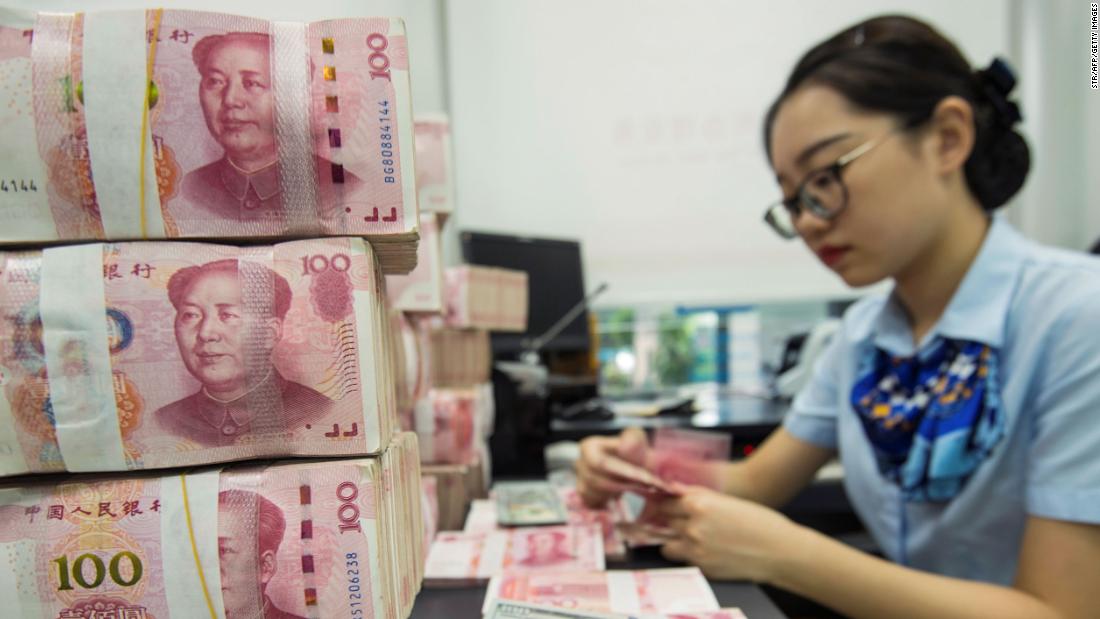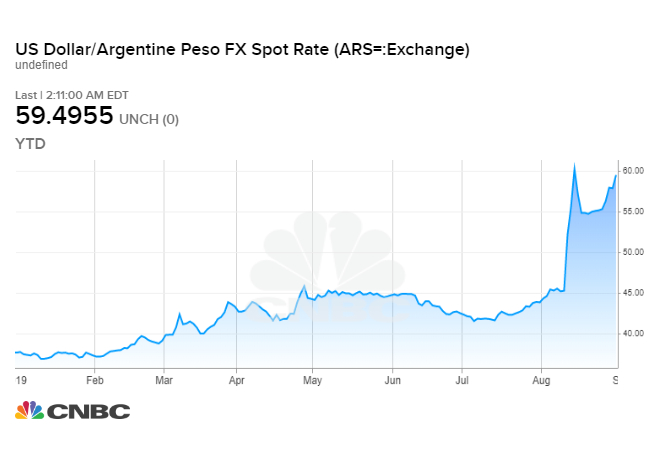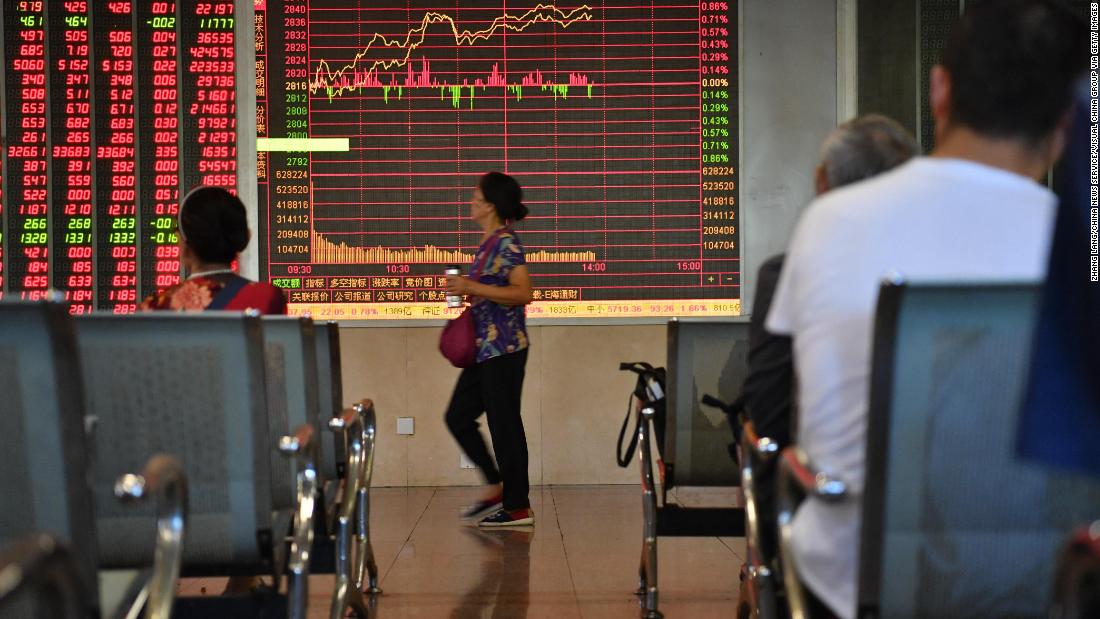
The IPO market has been humming in 2019, and we’ve still got more than a quarter to go—a period which should include some high profile issues, including closely scrutinized WeWork and fast-growing Peloton.
The year to date has included some huge winners—a dozen newly public stocks have posted IPO gains of better than 85%. Here’s a quick look at the year’s top four IPOs.
Beyond Meat
The producer of plant-based meat-substitutes went public in May at $25 a share and has been on a remarkable tear since. The company sold more stock to the public market in August at $160 a share, more than six times the IPO price. The stock has benefited from a combination of strong buzz and excellent financial performance. For the second quarter, Beyond Meat (BYND) posted revenue of $67.3 million, up 287% from a year earlier, with $6.9 million in positive adjusted Ebitda, or earnings before interest, taxes, depreciation, and amortization, compared with a loss on that basis a year earlier. The company sees full-year revenue of better than $240 million, which would be up 170% from the previous year. Investors are responding to the growth. Beyond Meant shares now trade at close to 40 times projected revenue.
Turning Point Therapeutics
An April 17 IPO at $18 a share, Turning Point (TPTX) shares have surged to $54, tripling from their public market debut. The San Diego-based oncology company is developing targeted treatments for solid tumors. Throughout the year, the company has been providing some positive incremental data on its lead compound, repotrectinib, for non-small cell lung cancer patients.
CrowdStrike Holdings
CrowdStrike (CRWD), which makes cloud-based enterprise security software, went public in June at $34 a share, and now trades at close to $81, up 139% since its debut. The company posted impressive results for its fiscal first quarter ended April 30, with 103% revenue growth. CrowdStrike’s story strikes multiple hot buttons: the cloud, security, and edge computing. The company says it provides “the only endpoint protection platform built from the ground up to stop breaches.” As with Beyond Meat, investors here show a willingness to pay up for high growth: the stock trades for almost 40 times forward revenue.
Zoom Video Communications (ZM)
Zoom’s (ZM) big run up in the public market has become everyone’s example of investor interest in fast-growing enterprise tech businesses. The San Jose-based provider of videoconference services has proved particularly popular with technology clients. Growing revenue at more than 100% and already profitable, Zoom went public in April at $36 a share and immediately started, well, zooming. Zoom traded as high as $107 before settling back into the low 90s, with a gain since the IPO of more than 150%. With triple-digit growth, investors will follow companies anywhere—in Zoom’s case, to a valuation of more than 46 times forward revenues.
Write to Eric J. Savitz at eric.savitz@barrons.com
https://www.barrons.com/articles/best-ipos-2019-51567199862
2019-09-03 09:30:00Z
CBMiO2h0dHBzOi8vd3d3LmJhcnJvbnMuY29tL2FydGljbGVzL2Jlc3QtaXBvcy0yMDE5LTUxNTY3MTk5ODYy0gE_aHR0cHM6Ly93d3cuYmFycm9ucy5jb20vYW1wL2FydGljbGVzL2Jlc3QtaXBvcy0yMDE5LTUxNTY3MTk5ODYy




